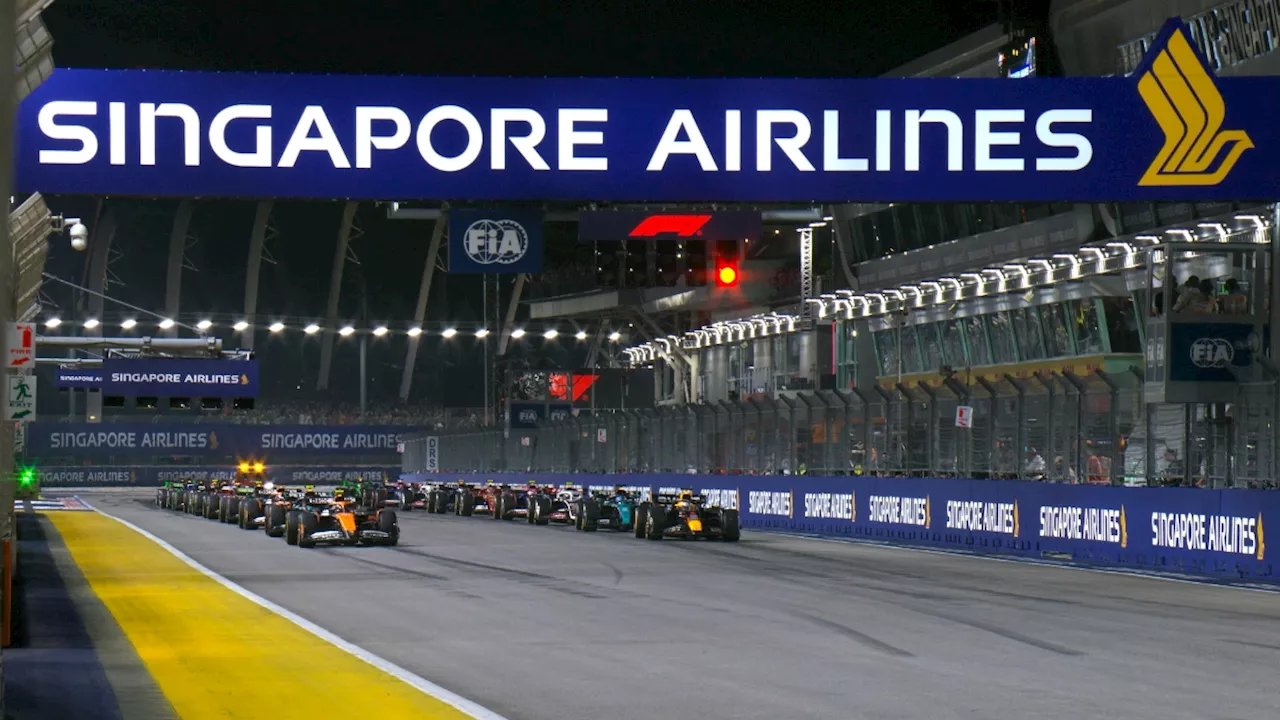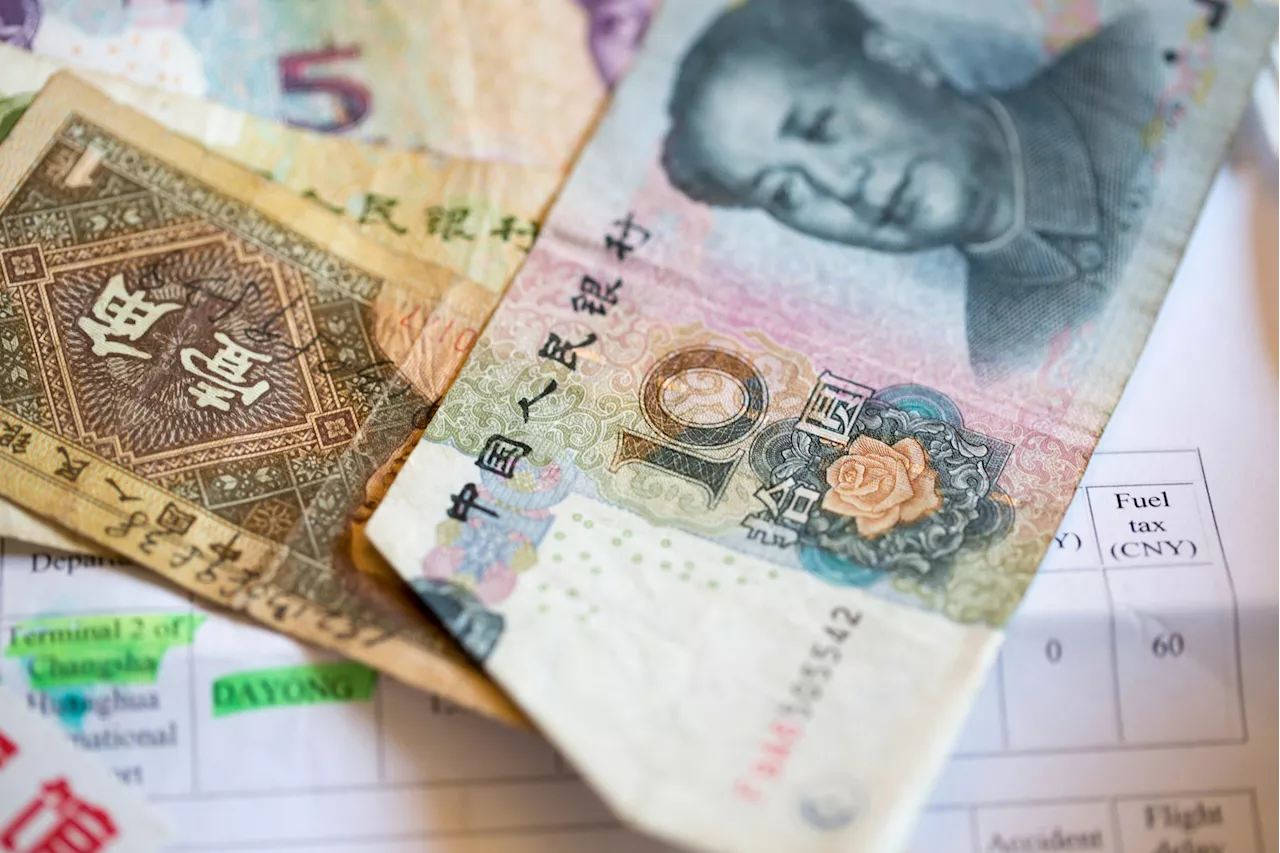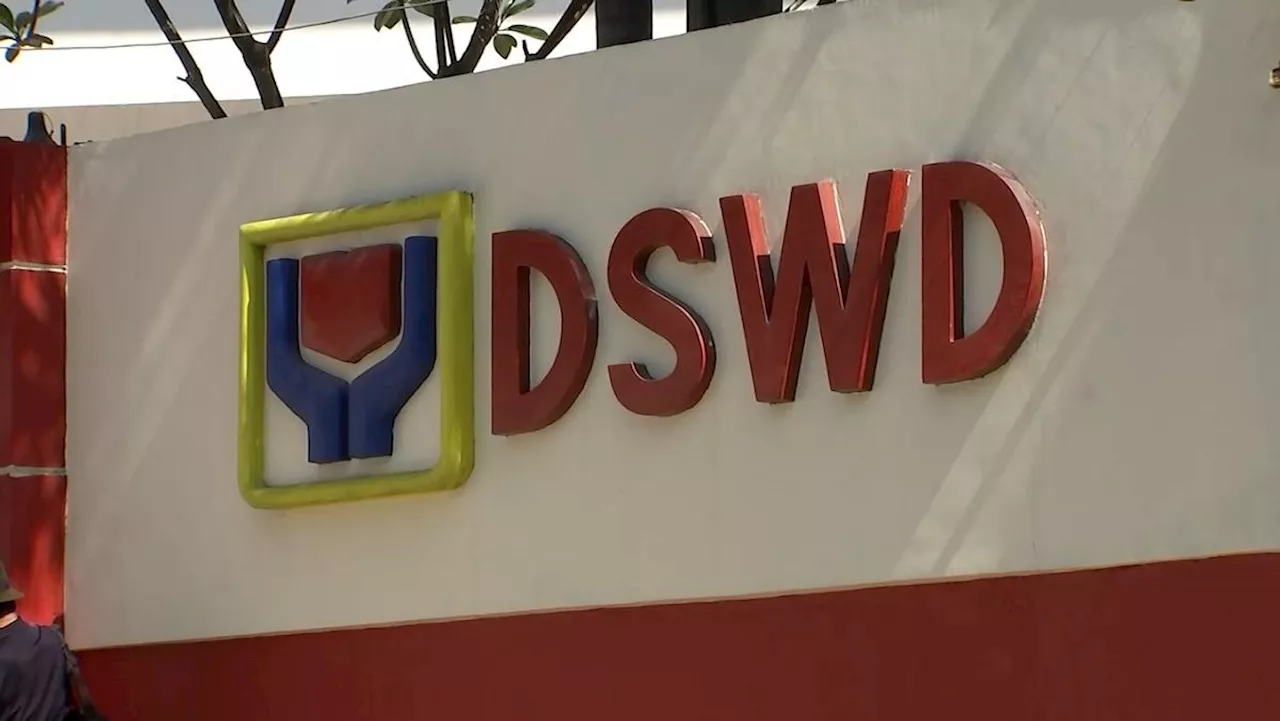Singapore's central bank, the Monetary Authority of Singapore (MAS), has eased its monetary policy for the first time since March 2020. The move comes as the MAS expects both inflation and growth to be slower than initially forecast. The MAS will reduce slightly the slope of the policy band known as S$NEER, the Singapore dollar nominal effective exchange rate.
SINGAPORE — Singapore's central bank on Friday loosened its monetary policy, the first such move since 2020, saying it expects inflation and growth to be slower than it initially forecast this year.The Monetary Authority of Singapore , which manages monetary policy by targeting the exchange rate rather than interest rates, said it will reduce slightly the slope of the policy band known as S$NEER, or the Singapore dollar nominal effective exchange rate .
On Friday, the central bank reduced its core inflation forecast for 2025 to 1.0 to 2.0 percent from a previous 1.5 percent to 2.5 percent.Core inflation tapered from its peak of 5.5 percent in January and February 2023, cooling to 1.8 percent in December. The forecast for headline inflation remained at 1.5 percent-2.5 percent.Gross domestic product growth was 4 percent in 2024, above the government's initial projection of 3.5 percent, according to advance estimates published this month.
MONETARY POLICY INFLATION ECONOMIC GROWTH SINGAPORE DOLLAR EXCHANGE RATE
Philippines Latest News, Philippines Headlines
Similar News:You can also read news stories similar to this one that we have collected from other news sources.
 Singapore Airlines aims to bring more fans to the Singapore Grand PrixSingapore Airlines extends its sponsorship to the Formula 1 Singapore Grand Prix
Singapore Airlines aims to bring more fans to the Singapore Grand PrixSingapore Airlines extends its sponsorship to the Formula 1 Singapore Grand Prix
Read more »
 Philippine Political Turmoil and Monetary Policy Shifts Shape 2024The breakdown of relations between the President and Vice-President of the Philippines and the resulting political instability significantly impacts the country's economic outlook. This event, along with the Bangko Sentral ng Pilipinas' gradual reduction of interest rates, are key developments shaping the Philippine economy in 2024.
Philippine Political Turmoil and Monetary Policy Shifts Shape 2024The breakdown of relations between the President and Vice-President of the Philippines and the resulting political instability significantly impacts the country's economic outlook. This event, along with the Bangko Sentral ng Pilipinas' gradual reduction of interest rates, are key developments shaping the Philippine economy in 2024.
Read more »
 China to Implement 'Moderately Loose' Monetary Policy to Boost GrowthChina's central bank has announced a 'moderately loose' monetary plan to stimulate domestic demand and drive economic recovery. The People's Bank of China (PBoC) aims to cut interest rates and the reserve requirement ratio to encourage lending and investment. The move follows President Xi Jinping's call for proactive macroeconomic policies to address the economic slowdown last year. The PBoC also pledged to combat financial corruption and support local governments in managing their debt burdens.
China to Implement 'Moderately Loose' Monetary Policy to Boost GrowthChina's central bank has announced a 'moderately loose' monetary plan to stimulate domestic demand and drive economic recovery. The People's Bank of China (PBoC) aims to cut interest rates and the reserve requirement ratio to encourage lending and investment. The move follows President Xi Jinping's call for proactive macroeconomic policies to address the economic slowdown last year. The PBoC also pledged to combat financial corruption and support local governments in managing their debt burdens.
Read more »
 China's Central Bank Unveils Moderately Loose Monetary Policy to Boost GrowthChina's central bank implements a 'moderately loose' monetary policy to stimulate economic growth, aiming to address challenges like a struggling property market and weak consumption.
China's Central Bank Unveils Moderately Loose Monetary Policy to Boost GrowthChina's central bank implements a 'moderately loose' monetary policy to stimulate economic growth, aiming to address challenges like a struggling property market and weak consumption.
Read more »
 COA Finds Over 60% of 4Ps Beneficiaries in 2020-2022 Not Listed in Program DatabaseThe Commission on Audit (COA) revealed that over 60% of beneficiaries of the Pantawid Pamilya Pilipino Program (4Ps) from 2020 to 2022 received payments despite not being listed in the Listahanan 2 database, the program's official beneficiary list. The audit report attributed the discrepancy to various factors, including difficulty accessing remote communities, name variations between program records and the database, and beneficiary relocation. This finding raises concerns about the program's targeting accuracy and compliance with the 2019 4Ps law, which mandates automatic inclusion of vulnerable groups.
COA Finds Over 60% of 4Ps Beneficiaries in 2020-2022 Not Listed in Program DatabaseThe Commission on Audit (COA) revealed that over 60% of beneficiaries of the Pantawid Pamilya Pilipino Program (4Ps) from 2020 to 2022 received payments despite not being listed in the Listahanan 2 database, the program's official beneficiary list. The audit report attributed the discrepancy to various factors, including difficulty accessing remote communities, name variations between program records and the database, and beneficiary relocation. This finding raises concerns about the program's targeting accuracy and compliance with the 2019 4Ps law, which mandates automatic inclusion of vulnerable groups.
Read more »
 The rice dilemma: Understanding why inflation might stay out of reach despite monetary easingAS the Philippines grapples with the volatility of rice prices, the delicate balance of agricultural policy and monetary policy comes into sharp focus.
The rice dilemma: Understanding why inflation might stay out of reach despite monetary easingAS the Philippines grapples with the volatility of rice prices, the delicate balance of agricultural policy and monetary policy comes into sharp focus.
Read more »
